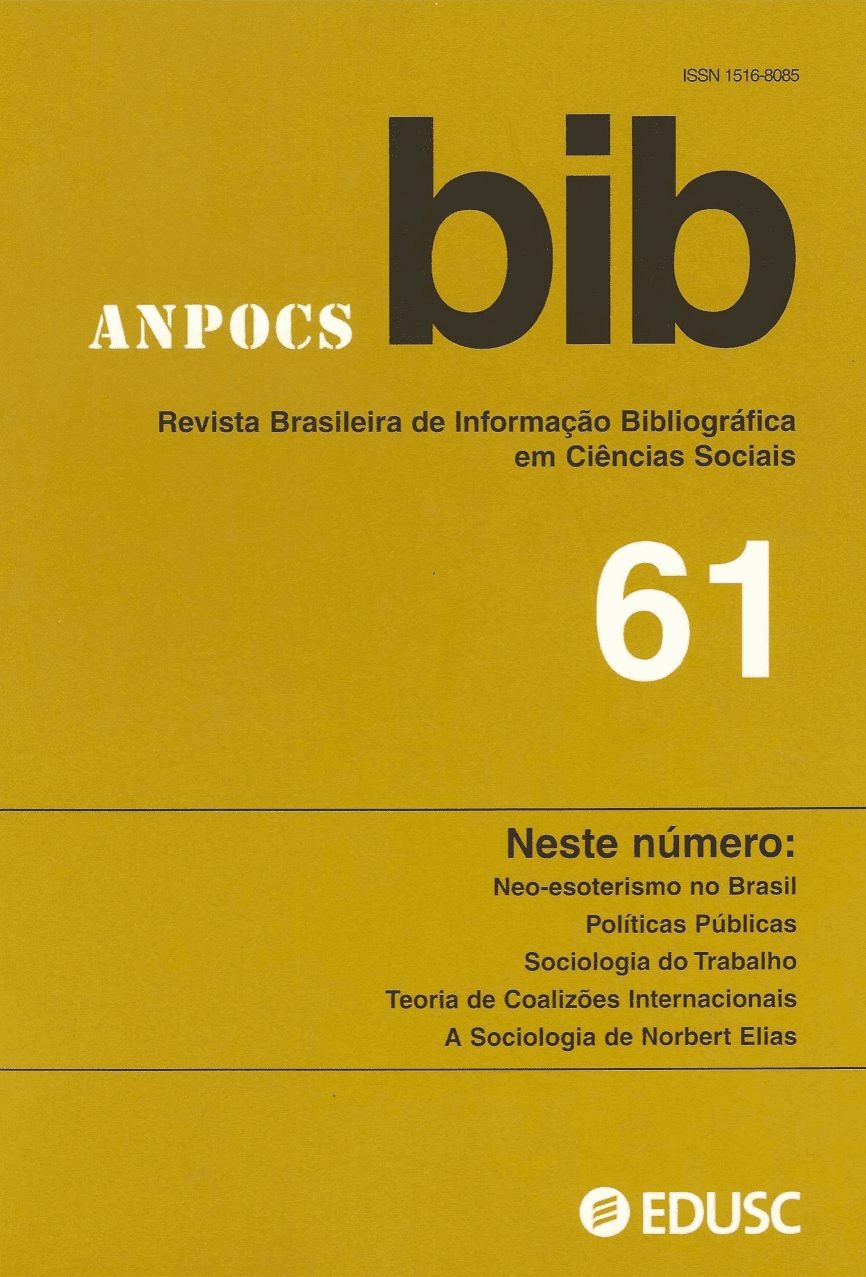Spatial models on the international coalition theory
perspectives and critiques
Keywords:
Spatial models, Formal theory, Rational choice, International coalitions, Collective actionAbstract
In virtually almost all the fields of international relations the formation process of interstate coalitions has acquired an increasing relevance. Different analytical matrices seek to theorize about the bases of the formation of the coalition between national States. In big foreign centers, particularly in the USA, the formal explanatory models on the rational choice field have conquered space on this effort of theorization. In the Brazilian case, analytical efforts on this substantive issue have been concentrated in the field of constructivism, of critical theory, or on the landmark of normative institutionalism. This article aims to present a brief balance about the evolution of the usage by the international literature of models derived from the rational choice in the coalition theory. Initially, we present the guiding of the collective action literature and its recent unfoldings; after that we analyze the main presuppositions and applicability of formal space models to studies on international coalitions. The second part dedicates at presenting critiques and alternative approaches to the so-called rational choice theory.





